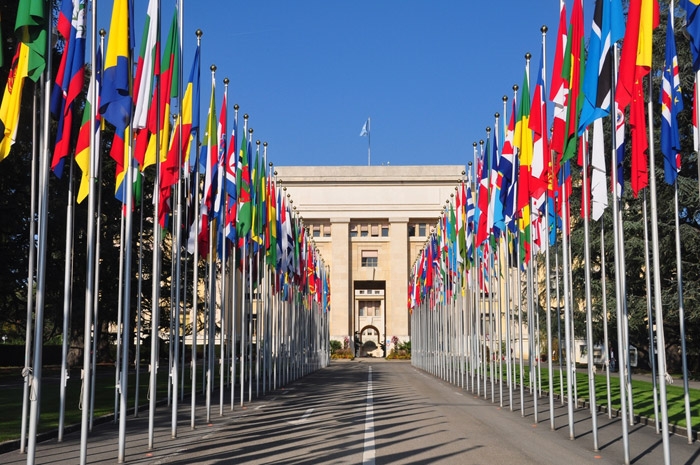
Monitoring the implementation of UN recommendations
Photo: http://bit.ly/1Irg2fN
This project seeks to strengthen the implementation of recommendations made by UN bodies, particularly CESCR, and ensure that States publish better quality ESCR data in line with their human rights obligations.
Background and rationale:
Governments are required to collect and share information about their compliance with UN human rights treaties. High quality data (that is, up-to-date, disaggregated and reflecting the experience of those affected by ESCR violations) is essential to ensure that UN bodies are able to assess the progress states are making towards the fulfillment of their human rights obligations. For instance, the Committee on Economic, Social and Cultural Rights (CESCR), among other UN treaty bodies (UNTBs), reviews this information and provides recommendations to states (called ‘concluding observations’) to help them strengthen their human rights compliance.
This data is also essential for civil society groups, particularly those that engage with the UN system, to understand the complexity of situations affecting ESCR and the disproportionate impact of measures or violations on certain groups.
However, research[1] conducted by MWG members found that despite UNTBs consistently ask states to collect disaggregated human rights data, there are serious gaps in data collection and disaggregation, and a lack of appropriate mechanisms for collecting data systematically and on a regular basis. The research has also revealed the need for states and civil society groups to make sure relevant disaggregated data is collected in practice.
What we are doing
This project seeks to strengthen the implementation of recommendations made by UN bodies, particularly CESCR, to states, and ensure that States publish better quality ESCR data in line with their human rights obligations.
To do so, MWG members identified an opportunity for strengthening existing data practices through the 2017 CESCR Follow-up procedure on concluding observations. The procedure provides a space for civil society to actively participate in the monitoring and implementation of three concluding observations selected by CESCR after each state review, on which the relevant governments are required to report within 18 months.
More concretely, in 2018 MWG members plan to support support civil society organizations involved in national level advocacy to monitor (and strengthen) the implementation of key concluding observations. This could take place by developing monitoring briefs on specific COs, facilitating exchange of knowledge and practices among members working at national and international levels etc. Members will focus on concluding observations that address cross-cutting issues affecting ESCR (e.g. economic and fiscal policies, business and human rights, substantive equality and non-discrimination, land rights etc). On the longer term, this guidance can also inform ongoing advocacy with CESCR towards strengthening its implementation practices.
[1] The research was carried out by the Asociación Civil por la Igualdad y la Justicia (Argentina) and the Right to Education Initiative (UK) in 2016-17 and looked at the concluding observations issued by six different UNTBs in relation to 64 countries in Latin America and Europe In 2016-17 from 2006 to 2016.
